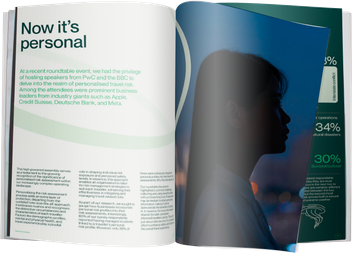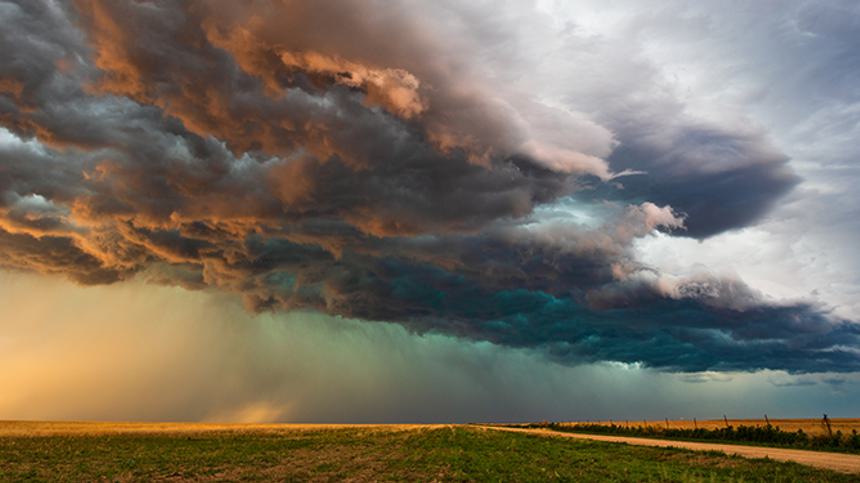Extreme weather tops risks to watch by 2030
For the first time, businesses are more concerned about extreme weather affecting operations in 2030 than they are about cyber-attacks, our recent survey finds. Extreme weather events have now surpassed threats to IT infrastructure as the top operational risk according to business perspectives.
The survey, which asked respondents to look at the risks they are most concerned about, identified Extreme Weather (43%), Cyber-Attacks (40%), and Interstate Conflict (38%) as the top three biggest concerns.
Not only are business operators concerned about Extreme Weather, almost three quarters (73%) of businesses say they have already been directly affected by it. The highest impacted industry is Manufacturing (86%) where operations are widely dispersed among physical environments and geographies. The Media industry also ranked high (83%), accounting for the risks involved in reporting on these extreme weather events at source.
Of all the extreme weather events, businesses were most concerned about Extreme Heat affecting employees (41%), followed by Heavy Rainfall and Flooding (37%) and Wildfires (33%). This makes sense because not only can extreme heat affect personnel with medical risks such as heatstroke and severe dehydration as a standalone factor, but it can also lead to associated factors related to extreme heat, such as wildfires.
Andrew Devereux, Risk Intelligence Manager at Healix, says:
“With consistent reports of wildfires and flooding over the last 12 months, from the wildfires of Hawaii and Canada, to the 50-degree Celsius temperatures in South America and the flooding in China, it comes as no surprise that our survey shows businesses are most concerned about the impact of extreme weather.
“As a global trend, the common theme of all climate-related risks is that they are indiscriminate and lead to tangible risks, whether it’s physical risks to staff or operational risks such as security of infrastructure and supply chain.”
When asked about the risks that would have the most impact on operations, Natural Disaster came out highest (34%) ahead of Societal/Cultural (30%). Despite this, a quarter (25%) of respondents said they had no plan in place to mitigate risk around Climate or Sustainability.
“It is concerning to see so many respondents with no plan in place to manage climate-related risk. What used to be latent and perceived as a longer-term risk, must now become part of business continuity plans.
“The hard truth is that we’re experiencing more immediate physical and direct operational impact from changing climate patterns. It is crucial that businesses think about climate risk in the same short-term view they have for cultural or societal risk, such as political unrest.”
The survey report looks at other factors that could help businesses develop better risk management solutions, including the role of AI and data, as well as the biggest risks identified by respondents across markets, including the Middle East & North Africa, Europe, the Americas, Asia Pacific, and Africa. It offers informed and professional advice on the steps businesses should be putting into place immediately.




